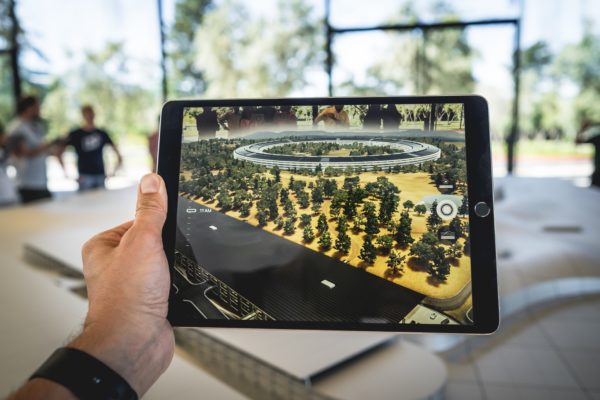Thirty Victorian schools will build STEM engagement through a Deakin program.
The Victorian Minister for Education, the Hon James Merlino, has announced that Deakin University will lead a major project that aims to rejuvenate the study of Science, Technology, Engineering and Mathematics (STEM) subjects in Victorian secondary schools.
The $700,000 Secondary STEM Catalysts program will target 30 schools that represent the lowest socioeconomic status (SES) regions across the state.
“These specially trained teachers will spark a love of STEM subjects, which are vital to our state’s future. They are part of a $30 million package that will change the way schools teach these subjects,” said Mr Merlino.
A key aim of the Catalyst program is to “ensure Victorians are equipped with the STEM skills and knowledge needed for more technologically sophisticated workplaces and communities.”
Through the program, each participating school will nominate two teachers to act as catalysts, who will be trained to lead, encourage and mentor other teachers in high impact STEM education for Years 7 and 8 students.
[testimonial_text]Developing STEM education and capability in young people from all backgrounds is a significant opportunity. Deakin is proud to be advancing STEM education with the Government, teachers and communities.[/testimonial_text]
[testimonial_picture name=”Professor Brenda Cherednichenko” details=”Executive Dean of the Faculty of Arts and Education”]
[/testimonial_picture]
One teacher from each school will be an expert within an area of STEM and the other will be an “out of field” teacher. These teachers will undertake three days of professional development and begin a Graduate Certificate in STEM delivered by Deakin’s Faculty of Arts and Education. Postgraduate course fees will not be charged to schools or participating teachers.
In addition, the principals from each school will undertake five workshops over two years that aim to assist them to improve participation in STEM subjects in the schools.
Professor Julianne Moss, Director of Deakin’s Research for Educational Impact Strategic Research Centre (SRC), said that Deakin’s science education team leads the country.
“The team supports teachers to deepen their knowledge in this area. They have acted as a STEM catalyst in Victoria over the past decade,” she said.
“The State Government is seeking to position Victoria as the ‘Education State.’ This is an exciting new partnership between Deakin and the State of Victoria around a national priority.”
REDI’s Associate Professor Peter Hubber said that there was a strong understanding that the future prosperity of Australia’s economy will be underpinned by higher levels of participation in STEM-related subjects.
“International research has found that 75 per cent of the fastest growing occupations will require STEM skills and knowledge,” he said.
“The Government has identified the strong need to reverse the trend of decreasing STEM participation in schools. Strengthening teacher capability has been identified as a key means of achieving this outcome.”
Deakin has already been working with secondary schools in Geelong, funded by the “Skilling the Bay” initiative, to promote the study of STEM in secondary schools, with a focus on Innovative teaching and learning methodologies.
Over the past 15 years, the Deakin team of researchers has received three Australian Research Council grants to progress their research on the use of reasoning with multi-modal representations to improve engagement and success in STEM study.
The approach is achieving dramatic improvements in student performance, has underpinned the professional development of thousands of Australian teachers and is influencing science educators around the world.



